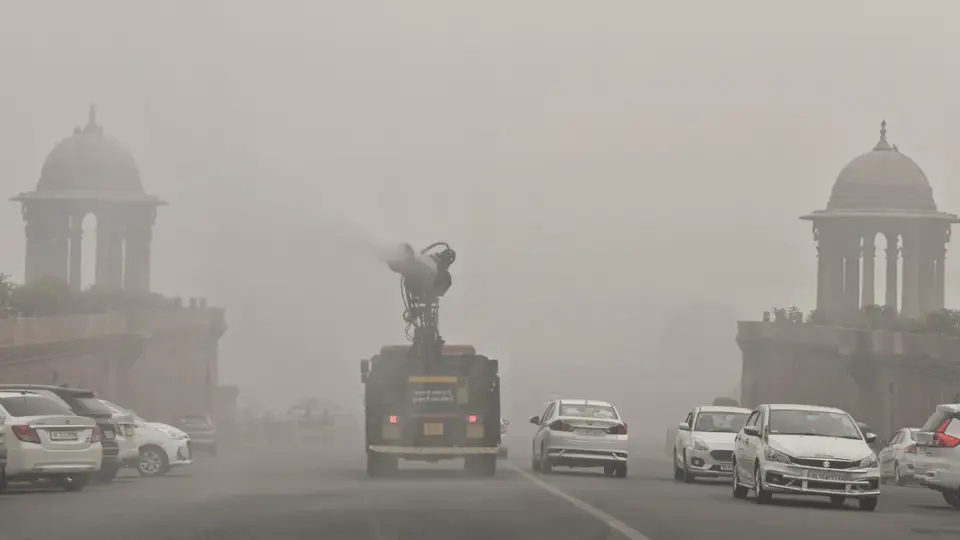
India, China Reach Five-Point Consensus To Solve Border Issue In Ladakh
In a meeting between external affairs minister S Jaishankar and his Chinese counterpart Wang Yi, India and China on Thursday reached a five-point consensus to ease the situation along the Line of Actual Control (LAC). The two parties met on the sidelines of the ongoing Shanghai Cooperation Organisation meet in Moscow.

After a two-hour-long talk, a joint statement on Friday morning was issued by the foreign ministers saying“both sides should take guidance from the series of consensus of the leaders on developing India-China relations, including not allowing differences to become disputes”.
They further agreed “the current situation in the border areas is not in the interest of either side”, and “therefore…the border troops of both sides should continue their dialogue, quickly disengage, maintain proper distance and ease tensions”.
The two countries at the meeting are said to have had come to a five-point plan to resolve the border issue. These include abiding by all existing agreements and protocol on management of the frontier, maintaining peace and tranquility and avoiding any action that could escalate matters.

India-China relations have developed a largely positive trajectory since the “resumption of Ambassadorial level relations in 1976 and holding of boundary talks since 1981,” the Foreign Ministry underlined at the meeting, officials said. While India acknowledged that “a solution to the boundary question required time and effort”, it also clarified the “maintenance of peace and tranquility on the border areas was essential to the forward development of ties”.
Also Read: This Is No Mars But Chilling Pictures Of California Amidst Forest Fires
India also showed its concern about the huge piling of Chinese troops in eastern Ladakh without any proper reason.
“The presence of such large concentration of troops was not in accordance with the 1993 and 1996 agreements and created flashpoints along the LAC. The provocative behaviour of Chinese frontline troops at numerous incidents of friction along the LAC showed disregard for bilateral agreements and protocols,” China was told.

Wang om the other side China’s “stern position” on the situation in the border areas, “emphasising that the imperative is to immediately stop provocations such as firing and other dangerous actions that violate the commitments made by the two sides”. Wang said it is also “important to move back all personnel and equipment that have trespassed” and the “frontier troops must quickly disengage so that the situation may de-escalate”.
Both sides “should take guidance from the series of consensus of the leaders on developing India-China relations, including not allowing differences to become disputes,” the statement concluded.



